
Japan 2025
Supported by the Association of Corporate Counsel


Senior manager, labour and employment law lead | Accenture
Rising Star


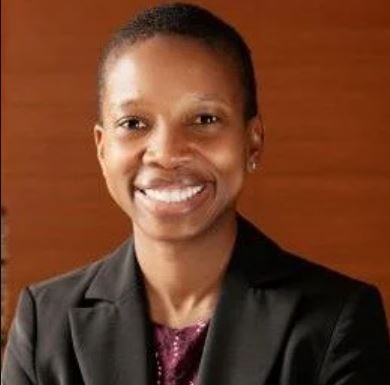
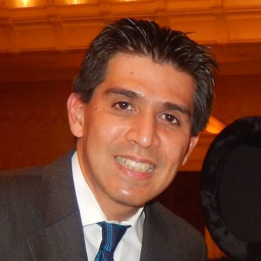


Director, member of the board, executive officer, group general counsel and chief risk management officer | Panasonic Holdings Corporation


Chief legal officer and senior vice president, legal division | Rakuten Symphony



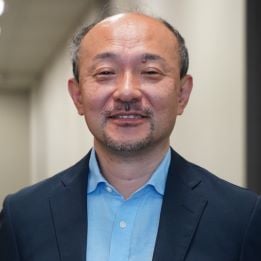
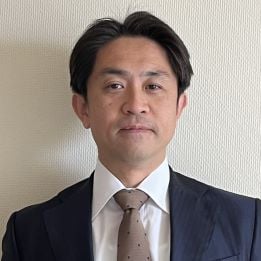
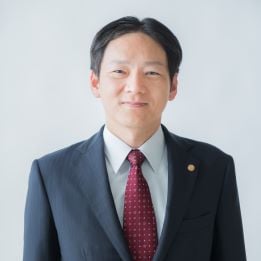
Chief legal officer, executive officer | The Gibraltar Life Insurance Company
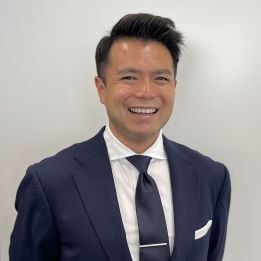

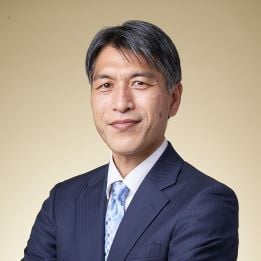
Head of legal and compliance Japabn | Adecco


Chief risk officer, and general manager of legal department | FamilyMart

Group legal and compliance director | LVMH Moët Hennessy-Louis Vuitton

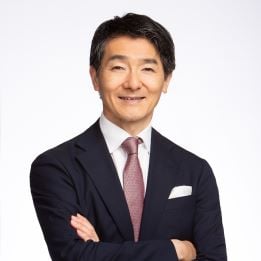



Corporate executive officer, executive vice president and general counsel | Fujitsu


General manager, group governance, legal and compliance unit | Tokyo Electron

Corporate officer; senior general manager of legal and compliance division | PARK24 CO.,LTD.



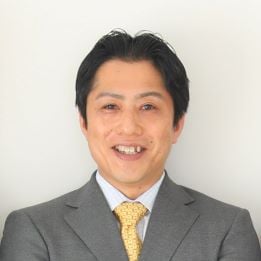
Senior vice president, general counsel, head of legal | Nippon Telegraph and Telephone (NTT)

Senior director, head of legal and facility management, Japan/Korea | Tapestry Japan

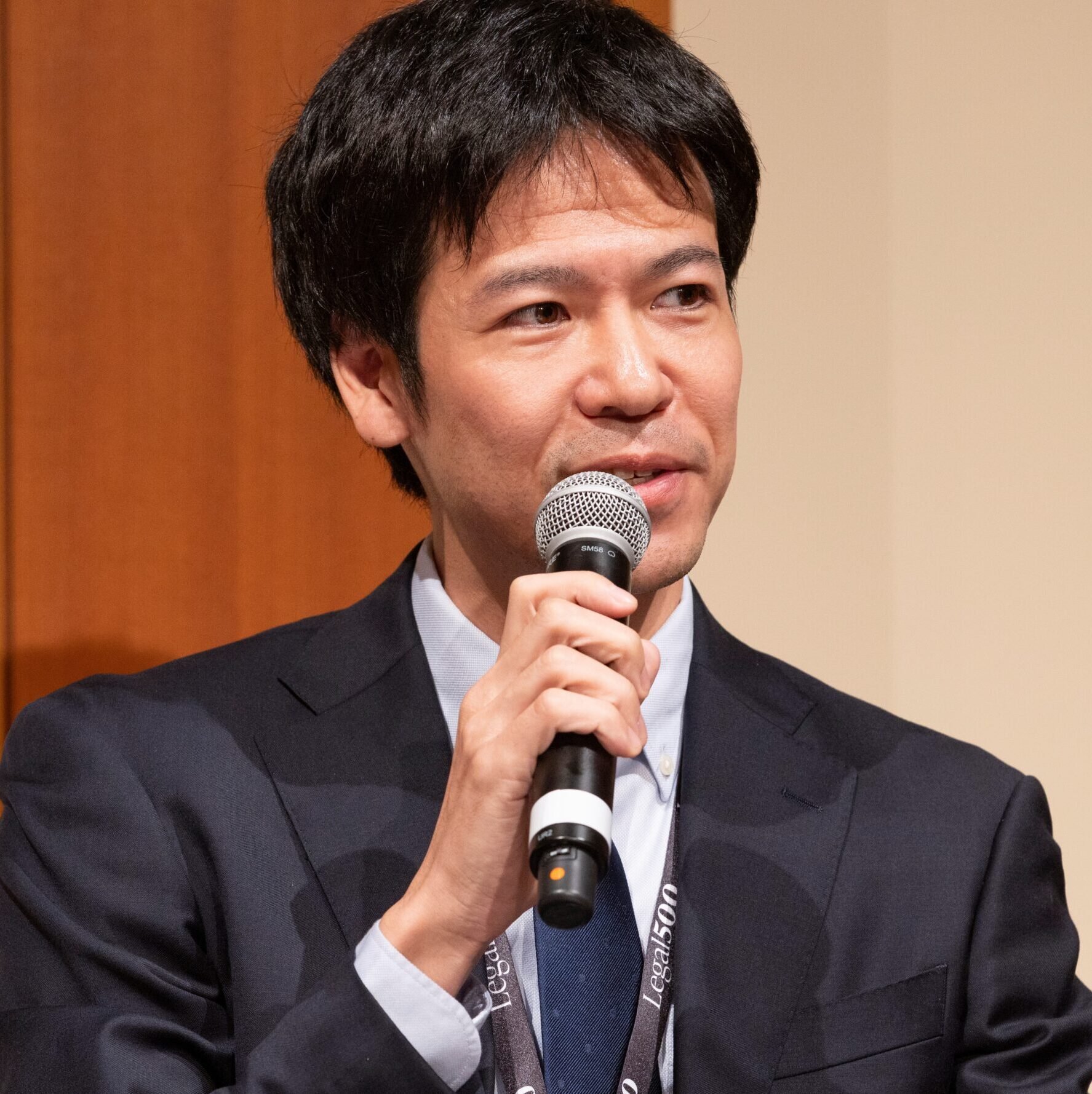


Vice president, executive officer; managing director of legal and intellectual property division; group privacy officer | SEGA Sammy Holdings
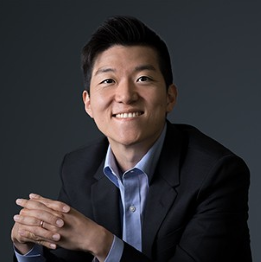

Associate director and deputy Japan legal market unit contracting lead | Accenture




Managing executive officer, chief legal officer | Panasonic Energy

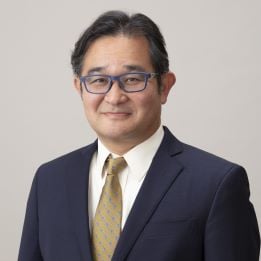



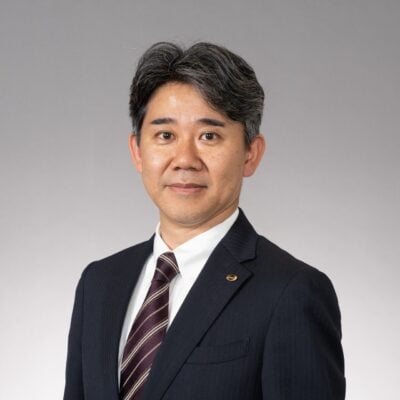
Vice president, general counsel, chief compliance officer, intellectual property, internal control | Eisai



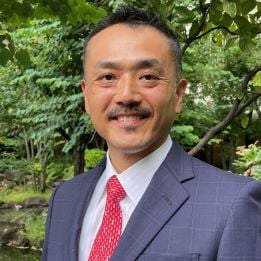
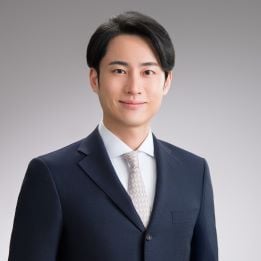
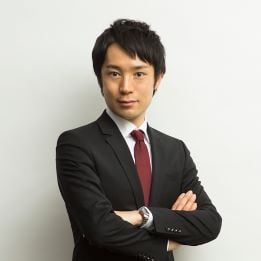
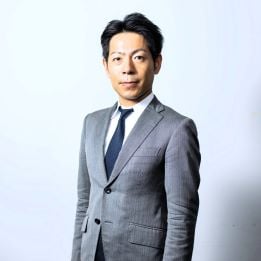

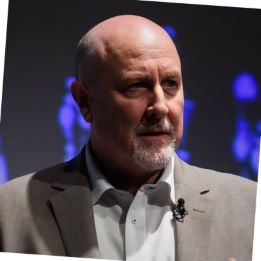


Vice president of legal and governance, chief legal officer | Mercari

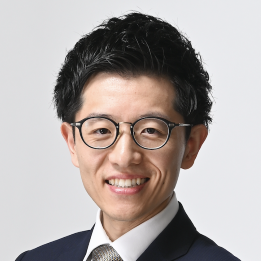
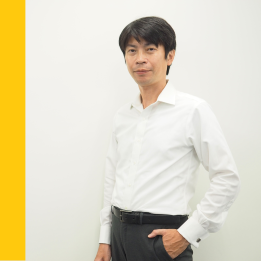
Vice president, deputy global general counsel and Japan general counsel | Mitsubishi Motor Corporation


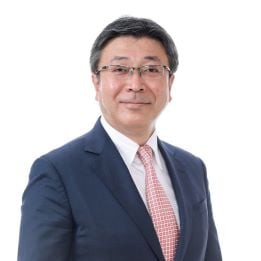
Executive managing officer, general counsel and executive committee member | MITSUI & Co

Chief director, legal office | Dentsu Corporate One




Senior manager, legal general administration headquarters | Murata Machinery

Director, executive officer and head of legal Japan | Societe Generale Securities Japan

Executive officer, head of general affairs and legal | Sumitomo Corporation

Board member, general counsel, and vice president of legal, ethics and compliance | Novo Nordisk Pharma Ltd.


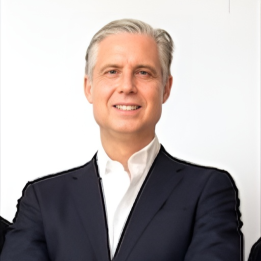

Corporate Vice President General Manager of Legal Division | FUJIFILM Holdings

Executive officer, general manager, legal department | AIR WATER INC


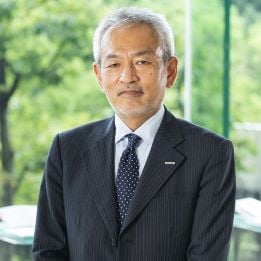
Chief legal and risk officer, executive general manager of compliance and information security division | Benesse Holdings


Senior counsel, Google regulatory affairs | Google Japan
Rising Star





Legal director (Johnson & Johnson MedTech Japan & South East Asia) | Johnson & Johnson

Vice President & CCO, legal and corporate governance division head, compliance office head | SoftBank Corporation



Senior vice president & chief legal and compliance officer (CLCO) | LIXIL Corporation

Executive officer, general counsel, managing director | Citigroup Global Markets Japan
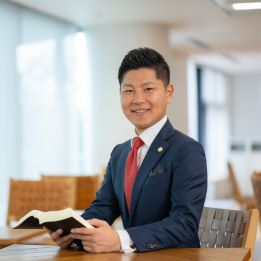



Senior vice president, legal, compliance and privacy | Sony Group Corporation






Executive officer, general manager, legal division | ITOCHU Corporation
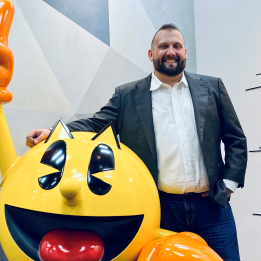


Corporate officer, general counsel, chief compliance officer, head of legal and compliance division | Santen

Chief legal officer and chief risk officer | PERSOL Holdings


Executive Officer and general manager for legal and compliance | Rakuten Group



Director, legal department legal division, legal and corporate governance division | SoftBank Corporation


Representative executive officer and general counsel | Unilever Japan Holdings






General manager, legal department | Sumitomo Corporation






Department manager, legal department, legal and intellectual property division | Nikon

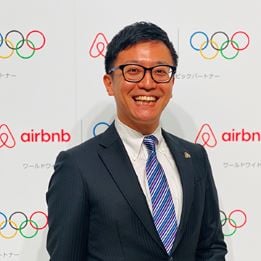


Corporate senior vice president and CLCO managing director, legal and compliance division | NEC




It gives me immense pleasure to welcome all our newly-minted 2025 GC Powerlist Japan awardees, whether you are appearing for the first time, second time or, most prestigious of all, you are among the lucky few who have appeared in all three of our editions so far. As our research base grows each year, each edition of the GC Powerlist gets correspondingly more competitive, so inclusion in this year’s list is a major achievement that you should be extremely proud of.
As well as a huge congratulations to everyone appearing in this listing of Japan’s top in-house counsel, on behalf of everyone in Legal 500’s in-house legal research team I must also extend sincere thanks for the thoughtfulness and in-depth nature of the interviews provided to me during the four months I have spent researching this project.
Having edited thousands of interviews with leading corporate counsel around the world during my time at Legal 500, I can confidently say that the average quality of contributions in this edition is perhaps the highest I’ve seen across any GC Powerlist—detailed, comprehensive, and rich with practical insights on how to navigate the complex waters of the modern general counsel role.
There was also a refreshing clarity of purpose in the answers provided. Take, for example, Yosuke Yashio of Lenovo Group’s explanation of when to outsource a legal service, which is a perfect fit for an educational textbook:
‘We use external legal services mainly in case of the following scenarios: a) the external service is more cost-effective than our inhouse resources; b) the external service has appropriate expertise in a given jurisdiction which we do not have; c) to supplement bandwidth of our inhouse counsel.
Each of our in-house counsel managing external legal services is responsible for selecting the right external counsel at the right cost. Engaging external counsel can be justified only in one or more of scenarios (a) to (c) above. With [a] personal estimate in mind, we can assess a fee quote from external service providers. If the quote aligns with our own estimate, we may consider it reasonable. Otherwise, we might seek a further fee quote from other legal service providers, either to verify reasonableness or to create competitive tension for the engagement.
External service providers are evaluated primarily based on:
(i) whether they directly address our queries or solve our problems, rather than simply citing relevant laws;
(ii) whether the manner of their engagement demonstrates a sense of ownership comparable to that of in-house counsel (for example, understanding internal decision-making processes, responsiveness, and tracking issues through to completion); and
(iii) whether there is an absence of unnecessary work (for example, involving too many lawyers, producing redundant memos, or providing excessively lengthy explanations).
If all of criteria (i) to (iii) are met, we are likely to be eager to continue working with the same external service providers, provided their fees remain reasonable, as described in the preceding paragraph.’
On the strategic end of the spectrum, many interviewees choose to speak about how to minimise risk for their organisations, given the challenges businesses are facing as the global trade system faces increasing headwinds. An excellent example is Nobu Hiroi, Global Chief Legal Officer of Mujin, who believes that legal departments are ‘the natural architects of organisational resilience’. The legal team’s first role during a crisis, Hiroi goes on, ‘is not just to contain legal exposure, but to map the full system, identifying key internal and external stakeholders, pressure points and risks. From there, we construct a communication and decision-making framework that neutralises tension and builds trust, often across conflicting priorities.
He gives an example of how this works in practice: ‘when escalating tariffs and geopolitical tensions disrupted Mujin’s ability to operate efficiently across the US, Japan and China, I led the legal restructuring of our intercompany sales and supply workflow. This required coordinating with sales, R&D, supply chain, tax, operations and finance to develop a legally sound structure that preserved operational agility, reduced customs exposure and future-proofed our licensing model. Rather than relying on ad hoc workarounds, we created a dynamic and resilient system for managing supply chain risk under volatile conditions, turning a reactive challenge into a strategic redesign.’
The top GCs are leaders who can get the most of each member of their legal team. Kenji Tagaya, head of legal for national energy company JERA, gives a useful insight into how to do this:
‘I am passionate about respecting the strengths of each member and creating a system where members with different backgrounds can demonstrate their abilities.
It is easy to talk about meritocracy. However, it is a fact that there are people who cannot demonstrate their abilities because they lack the necessary resources due to reasons such as age, gender, native language, different backgrounds, or being new to the organisation.
I am committed to removing such invisible barriers. As the saying goes: “More work with less people”. Instead of lamenting this, I focus on how to help the current members fully utilise their abilities. From my experience working abroad in a foreign environment, I am attuned to such insights. Before complaining that members are not performing to their full potential, I make it my motto to identify the barriers and remove them once they are recognised.’
Yuko Noguchi, head of legal for Japan at Google, added to this insight in the context of working at one of the world’s largest multinational companies:
‘Two things are key to our success. Representing Japan well in the complex matrix of global risk-taking decisions within Google is always an important aspect of our job, given legal and cultural differences in regulation and business and evolving sentiments within our country. Explaining our efforts, responsibility and positions externally to regulators and our partners is another important aspect of our job. In the time of change and instability, things can change in many aspects – being flexible and open-minded, deciding what we can change and what we need to adopt, and maintaining close communication with stakeholders internally and externally is key to navigate the time of change. As the general counsel for Japan, making sure I support the well-being and motivation of my team members is another important aspect of my job. Here, I bring forward transparency and empathy in my daily work.’
Undoubtedly the most poignant interview included this year is the one with Tim Mackey, corporate officer, CLO & GCO and head of legal at Softbank Group Corporation. As most reading this will know, Tim sadly passed away unexpectedly between providing his GC Powerlist interview and the launch of the publication. Tim was always a positive, cheerful and knowledgeable presence in the room, and what was always most striking was how helpful and engaging he was, particularly for someone who has reached the very pinnacle of the profession they have devoted their life to. This tragedy creates a void within the Japanese legal community that cannot be filled, but he leaves behind an unmatched legacy and many people – family, friends and colleagues alike – who have been positively impacted by him.
These are just a few of the many valuable insights you’ll find in the full interviews featured in this packed 2025 edition of the Japan GC Powerlist. Japan may well be my favourite edition to work on out of all Legal 500’s GC Powerlists that we publish around the world, and it was a very satisfying experience to polish the excellent interviews provided to me in 2025.
Thank you once again to everyone who engaged with me during the research, and to all those who offered research guidance, tips, and support along the way. In particular, our headline law firm sponsors, Anderson Mori & Tomotsune and Morrison Foerster, were instrumental in helping shape this edition, while iManage, Just Legal, and SS&C Intralinks also played key roles in the research process.
Most importantly, congratulations to all those featured, for everything you have achieved in your careers to reach this point. Legal 500’s international GC Powerlist community is an elite group, and you should feel justly proud to be part of it.
Joe Boswell
Global Editor – GC Powerlist and Manager, International Events Content
Legal 500
July 2025
It has been a pleasure for Legal 500 to present the 2026 edition of the GC Powerlist: Germany in Frankfurt, celebrating the outstanding in-house professionals shaping this jurisdiction’s corporate legal landscape. The evening reception took place in the Restaurant Opéra, a beautiful location at the heart of country’s legal and financial hub.
This year’s reception welcomed the stemmed senior in-house counsel community in Germany, celebrating the blend of strategic authority, operational precision, technological adoption, and principled leadership that defines Germany’s in-house legal community today.
Carmen Godoy, lead editor of this third edition of the GC Powerlist: Germany 2026, welcomed everyone in the room. It was wonderful to see some familiar faces from previous editions and a pleasure to welcome those featuring in the GC Powerlist for the first time.
Following Godoy’s introduction, Mr Florian Weisner, managing partner at FPS Rechtsanwaltsgesellschaft, our hosts of the evening, addressed the audience with valuable remarks highlighting the value of the professional and personal exchange in the legal sector in Germany. He was followed on the stage by Dr Dierk Schindler, vice president of legal innovation and head of legal services global purchasing and logistics at Robert Bosch. Our keynote speaker of the evening focused on highlighting one of the hot topics of the in-house legal sphere worldwide: legal developments surrounding AI.
In her remarks, Godoy unveiled the findings of this year’s research into Germany’s in-house legal market. From ensuring legal is decisively embedded in strategy, to integrating AI in the legal teams’ daily practice and operating under geopolitical and regulatory pressure. Germany’s general counsel are leading with transparency, accountability, and a clear sense of responsibility.
The GCs, CLOs, heads of legal and other senior in-house counsel in the room had many achievements to celebrate.
On behalf of the entire Legal 500 team, we extend our warmest congratulations to everyone included in this 2026 edition of the GC Powerlist: Germany.
We would also like to take this opportunity to express our sincere gratitude FPS Rechtsanwaltsgesellschaft for joining us in recognising the exceptional talent driving progress across Germany’s in-house legal profession.